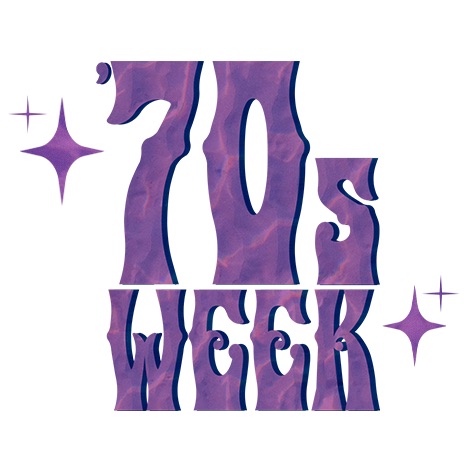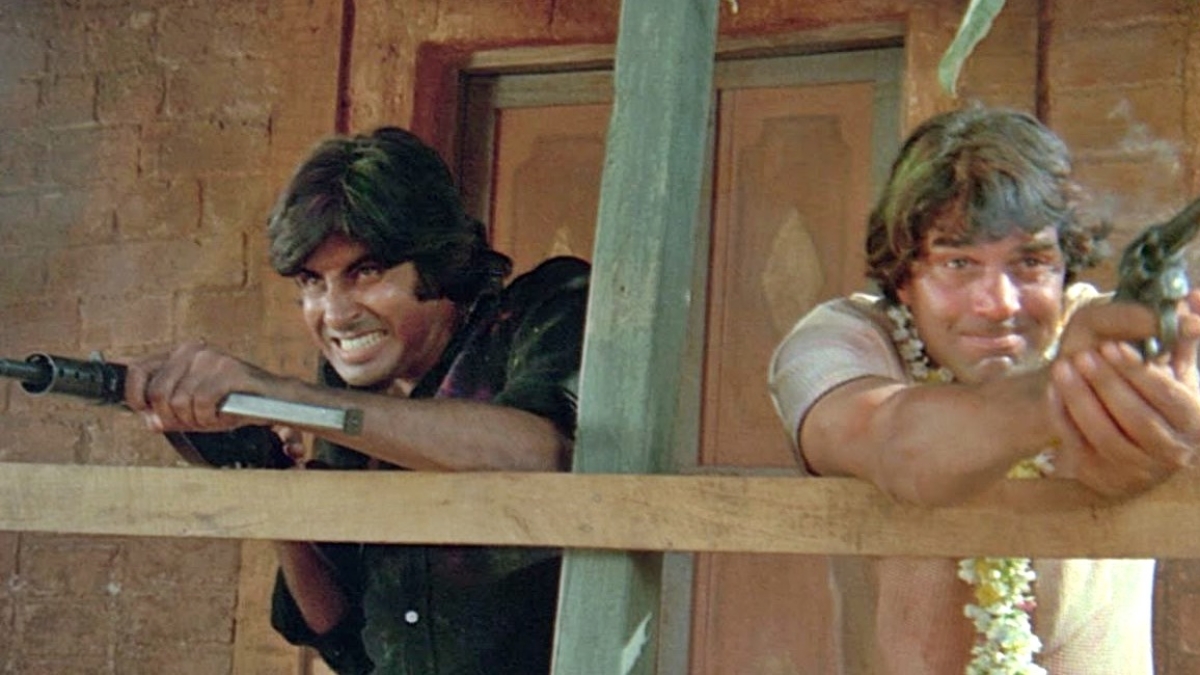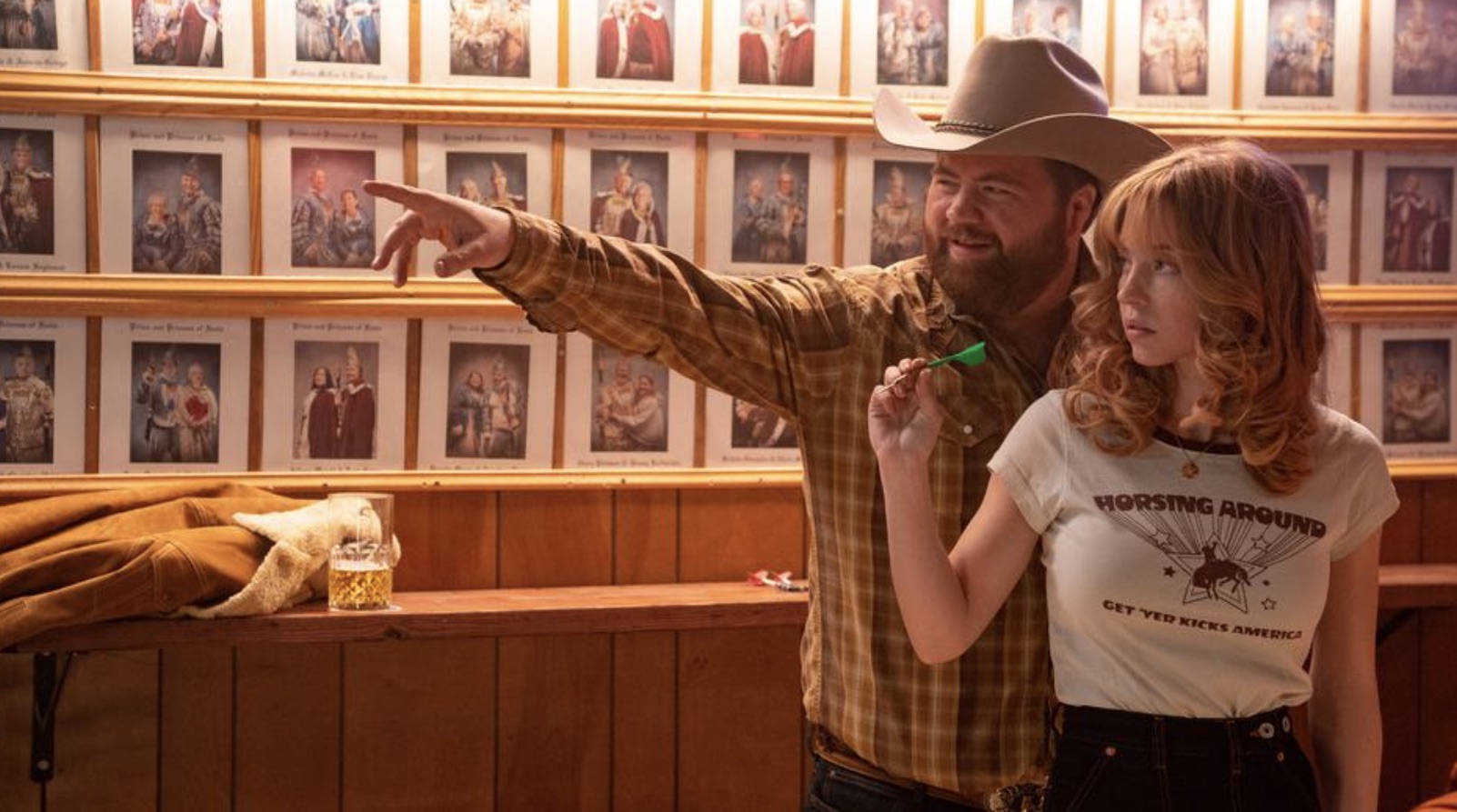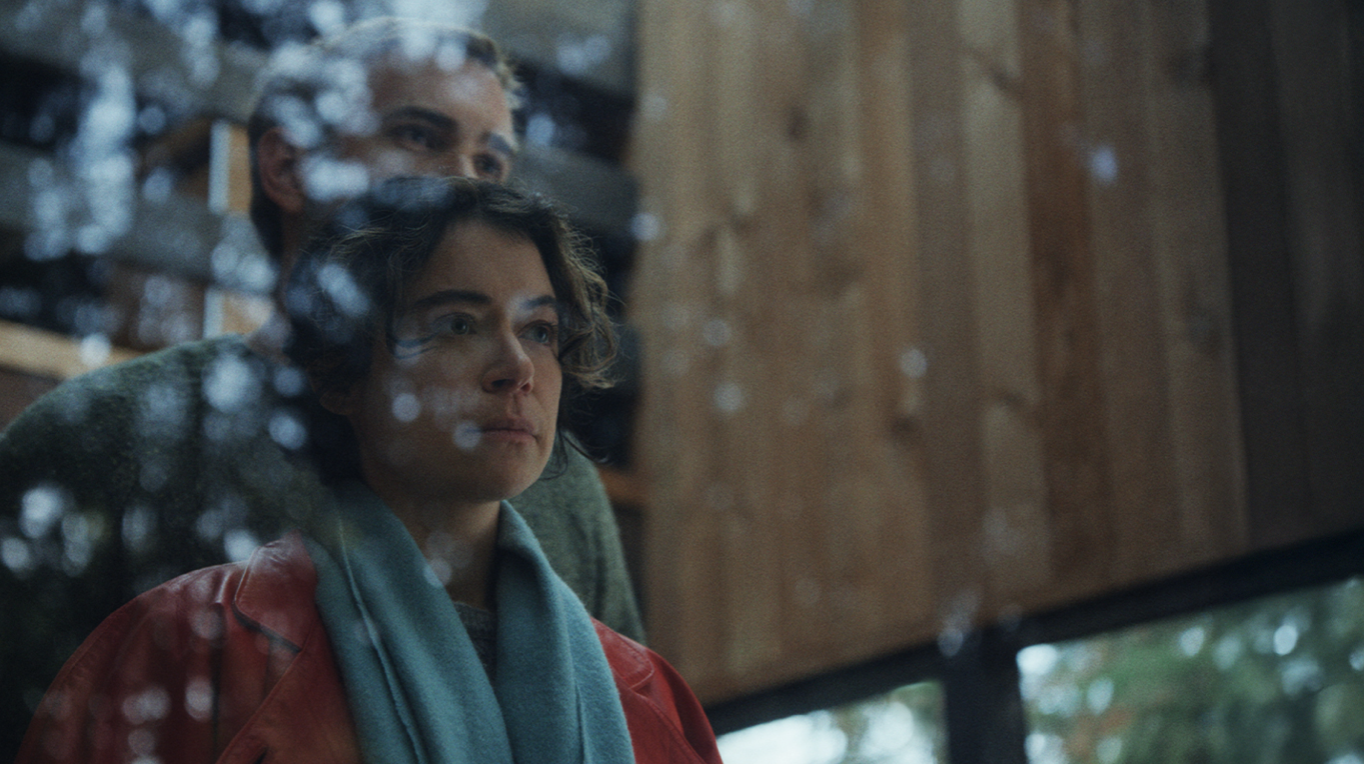
We didn’t always watch classic movies the traditional way in my house.
Long before I understood the tragedy of Jack and Rose in “Titanic,” I had been cleared to watch the film‘s entire second half and ship-sinking in real time. I have a distinct and fairly scarring memory of watching Marty McFly (Michael J. Fox) get dragged through 1885 Hill Valley by the neck long before I properly consumed the “Back to the Future” trilogy. I watched Andy (Tim Robbins) dig his way through excrement completely devoid of context in “The Shawshank Redemption” (though admittedly the context did not soothe me).
So when it came to Ramesh Sippy’s “Sholay,” the classic Western that transformed Hindi cinema, of course I started with the alternate ending.
“Sholay” follows two small-town criminals, Jai (Amitabh Bachchan) and Veeru (Dharmendra), who are enlisted by former police inspector Thakur Baldev Singh (Sanjeev Kumar) to capture the notorious dacoit Gabbar Singh, alive if possible. As they face off with Gabbar near Thakur’s village, Jai and Veeru find strength in their mission and friendship — and a couple of local girls — in an adventure for the ages.
At some point in the early aughts my father procured an official DVD of the film (I note “official” because anyone who remembers acquiring Hindi movies on DVD back then will know that bootlegs were the norm), which he unboxed immediately to binge all the songs and deleted scenes. He relished unveiling that original ending, which was changed on the order of India’s notorious film censors), though maybe not as much as he enjoyed pausing every few seconds to show me Thakur’s hands peeking out from under his kurta when the character is supposed to have no arms.
I wouldn’t watch the full film for another 10 years.

“Sholay” premiered in 1975 to mixed reviews that bordered on total annihilation — one critic said it had everything except “intelligence, art, and purpose.” It was penned by the legendary writing duo Salim Khan and Javed Akhtar, and of their two big films that year, it was “Deewaar,” not “Sholay,” which earned critical acclaim and instant classic status. But after a several days in theaters (despite an initial alarming drop off in ticket sales), “Sholay” spread like wildfire. The dialogue — so ubiquitous now that many can’t quickly source it — permeated conversation, R.D. Burman’s songs played all over, and a cinematic legacy was etched into history.
Most people with parents or siblings who saw “Sholay” in theaters have heard it described like a historical event. My dad and his friends skipped school for it, and within minutes (the first action sequence involve a group of bandits attacking a train), they knew they were in for something special. Those who weren’t indoctrinated at a young age probably still knew the stars or heard the songs, and we experienced its stamp on everything that followed.
I’ve seen “Sholay” several times now, each new viewing bringing me exponentially closer to the film in ways I never expected. The first one didn’t leave much of an impression beyond checking a box on my lifelong film syllabus. I had barely seen any older films (from any country) and wasn’t used to the pacing, the sensibility, or even the musical style. And while knowing the major story beats doesn’t dull the film’s impact for me now, I suspect that it may have back then.
In 2018, I rewatched it for Drunk Bollywood, a video series where I got people drunk and had them explain Hindi movies, “Drunk History”-style (the narrators were so inebriated that they missed nearly every major plot point, including what happened to Thakur’s arms). It was fun to turn such a hallowed film into pure comedy — cheeky but still respectful.

The third and most recent time was this summer, with the film’s fiftieth anniversary in sight. Drunk Bollywood has expanded into live performances of beloved Hindi films mostly in English (we keep the iconic lines, don’t worry), so I rewatched “Sholay” in pieces while cross-referencing the original dialogue, English subtitles, and occasionally overriding both. It’s a deeply involved and often exhausting process which I cherish because of how close it brings me to a film.
What stood out about “Sholay” against the other movies I’ve adapted is the sheer economy of storytelling, a three-and-a-half hour movie that earns every minute of its run time (except for the song “Yeh Haseena,” which aged terribly and was an instant cut). Jai and Veeru’s friendship is a superb emotional core that holds everything around it in perfect orbit. It’s hugely male-centric, but earns a few flowers for the era for Basanti’s (Hema Malini) street smarts and courage, and offering hope for the widow Radha (Jaya Bachchan). I was a sobbing mess by the finale, which had never happened before.
On August 2, I handed the script over to nine actors rotating through the indelible cast of characters (even Jagdeep’s Soorma Bhopali, which I initially cut for time before learning that he was popular enough to merit a spinoff), providing their own take on the material while honoring songs, scenes, and dialogue that thrill a live audience to this day. Two performers had never seen the film and experienced its plot twists while reading. Others didn’t speak Hindi, or knew “Sholay” mainly through their parents — because of age or the country they grew up in or both — but all of those unique relationships to the story made it more exciting. None of us encountered it perhaps the way Sippy, Khan, and Akhtar intended, but their work was so powerful that it transcended even the traditional film viewing experience.
Many have said by now that there will never be another “Sholay.” It occupies a singular position in Indian and Western cinema, and I promise you there is no Hollywood analog. In the 50 years since its debut, and the 20 or so it’s been in my life, it always has something fresh to offer — and so much gold to revisit.
IndieWire’s ‘70s Week is presented by Bleecker Street’s “RELAY.” Riz Ahmed plays a world class “fixer” who specializes in brokering lucrative payoffs between corrupt corporations and the individuals who threaten their ruin. IndieWire calls “RELAY” “sharp, fun, and smartly entertaining from its first scene to its final twist, ‘RELAY’ is a modern paranoid thriller that harkens back to the genre’s ’70s heyday.” From director David Mackenzie (“Hell or High Water”) and also starring Lily James, in theaters August 22.



